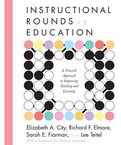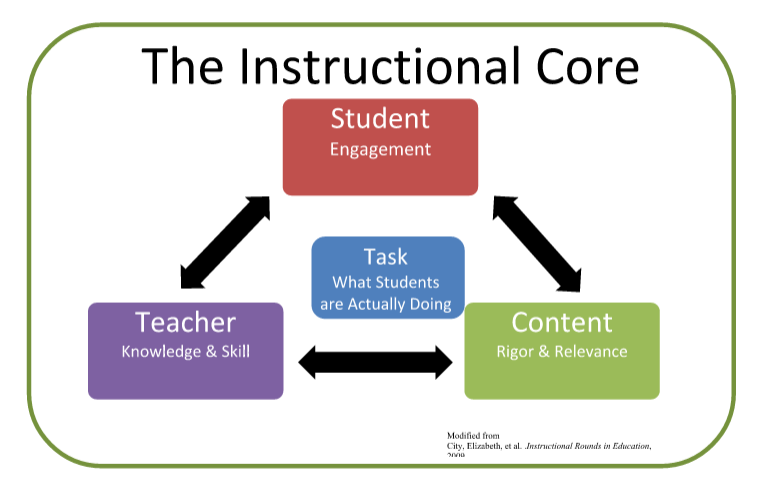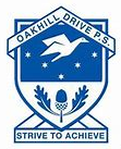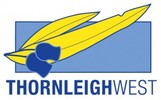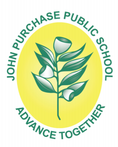What is Instructional Rounds?
|
|
There was a quick evaluation of the rounds process after the Term 1, 2021 round. Click on the button text for details.
|
|
SOME USEFUL RESOURCES
|
An overview of Instructional Rounds in a PPT created by Barbara Reynolds for the Dural network. Click here to download
|
This two-page summary highlights the key ideas and steps in the Instructional Rounds process. Click here to download
|
Elmorisms. Lessons from Richard Elmore, educational thinker extraordinaire Download here
|
